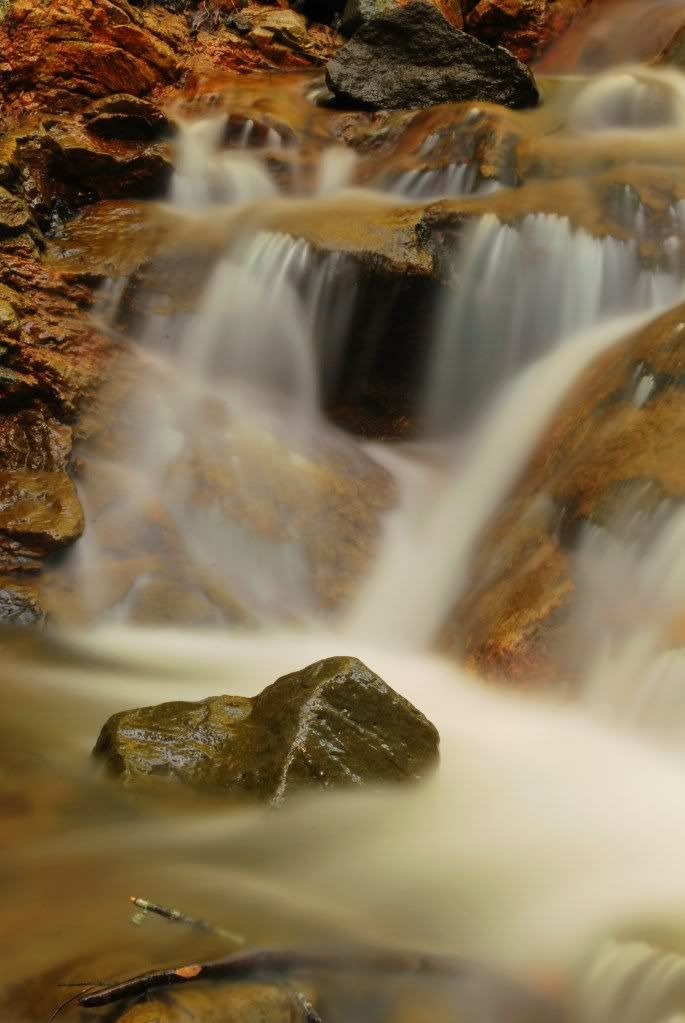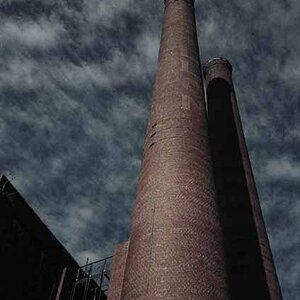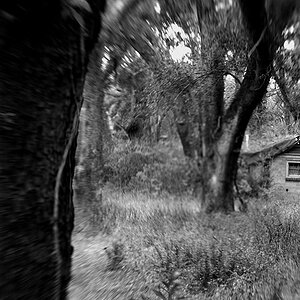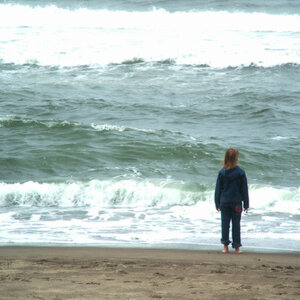helloyo53
TPF Noob!
- Joined
- Feb 28, 2009
- Messages
- 77
- Reaction score
- 2
- Location
- Sarnia Ontario, Canada
- Can others edit my Photos
- Photos OK to edit
Hi everyone.
So today is my birthday, and my parents are taking me to a camera shop because I wanted to buy a filter for my camera. I wanted to get a filter so that I can achieve the wispy water effect when I am taking pictures of streams. Now, I read somewhere that ND and polarizer filters can do this, is this true? Which one should I buy for achieving that effect?
Thanks much!
So today is my birthday, and my parents are taking me to a camera shop because I wanted to buy a filter for my camera. I wanted to get a filter so that I can achieve the wispy water effect when I am taking pictures of streams. Now, I read somewhere that ND and polarizer filters can do this, is this true? Which one should I buy for achieving that effect?
Thanks much!





![[No title]](/data/xfmg/thumbnail/32/32156-d6cfe2865ceed861a0633752a006ea20.jpg?1619735234)



![[No title]](/data/xfmg/thumbnail/30/30862-d177ccfc3a82369b1005863cfe5fd13d.jpg?1619734481)
![[No title]](/data/xfmg/thumbnail/42/42359-17c2ddbbb8366896f948a571f6c09cac.jpg?1619740153)
![[No title]](/data/xfmg/thumbnail/32/32782-7f10503454a2a8eeff8b554e3b081c86.jpg?1619735661)
